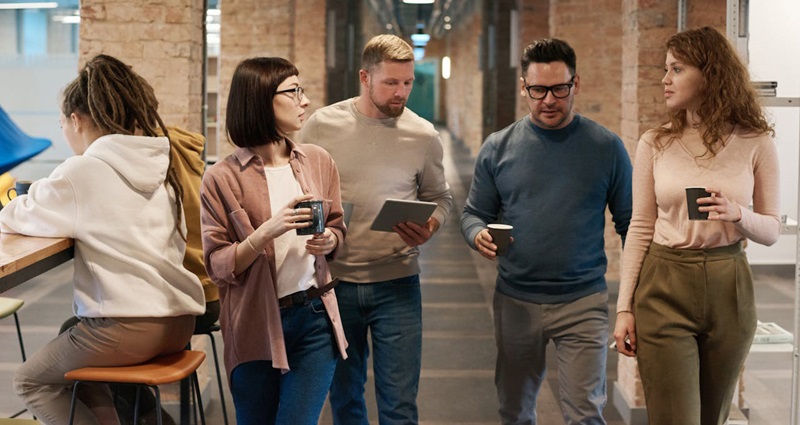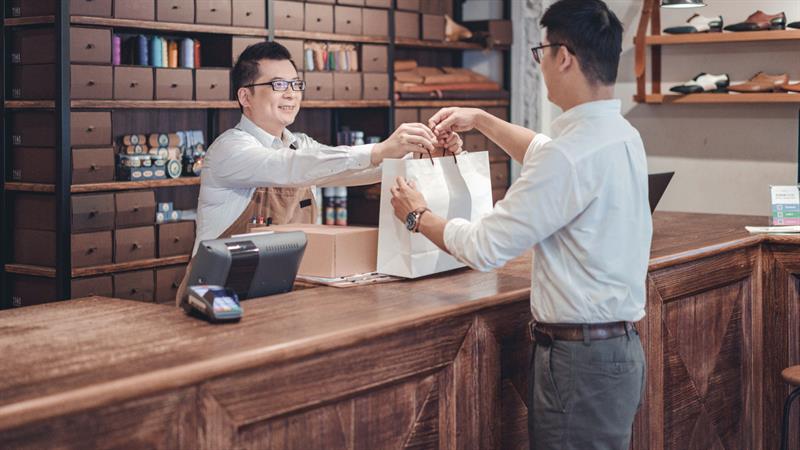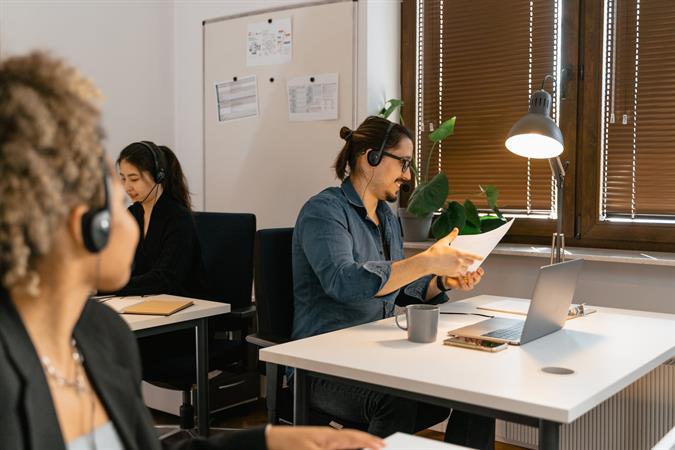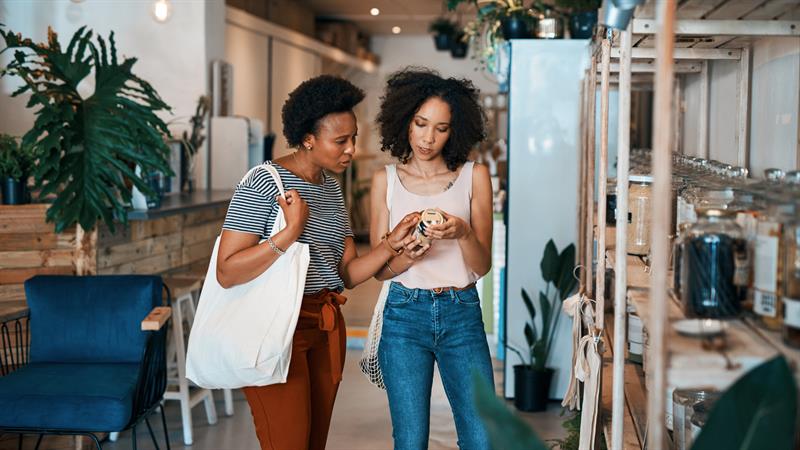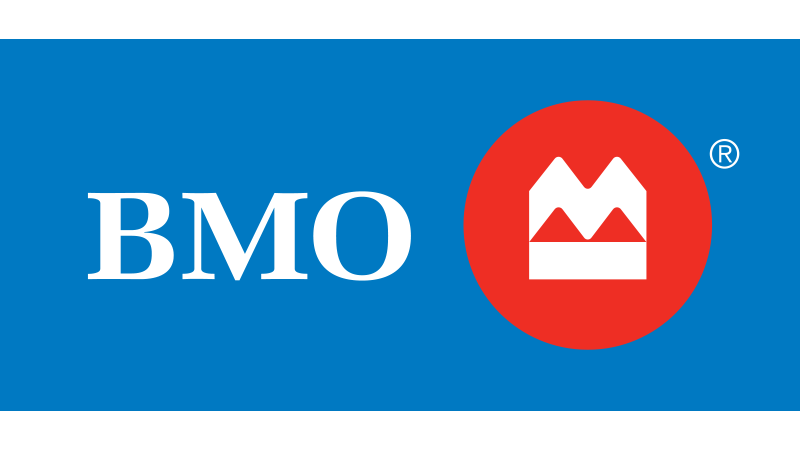Consumerism Done Differently: Part 2
It’s an unfortunate truth for the planet that we humans like our comforts, conveniences and status symbols – all available at the local mall.
Whether it’s a product designed to get dinner to the table faster or look good in the driveway, every purchase inevitably has an impact on the earth’s natural resources. From the raw materials needed to make products to the energy used bringing them to retail shelves and showrooms, keeping ourselves fed, clothed, entertained and mobile comes with an environmental price tag. Despite society’s growing environmental consciousness, our consumer culture persists. The relentless spending on the latest products is fueled not just by consumer demand but by an economy where corporate success is measured by quarterly returns and selling more products, not less. Still, many brands are now openly wrestling with the issue of how to lessen the environmental impact of their offering while maintaining long-term profitability. One such corporate leader is Unilever. At a recent online debate on sustainable living, CEO Paul Polman posed the question of whether companies can find ways of doing business “so that we actually improve the situation of the planet versus taking away from it.” Other brands are joining the effort to find a more sustainable approach to answering consumer demand.
Part 1 of this article focused on how brands are helping consumers make better choices for the planet by removing less desirable options from the retail shelf, called choice editing, and by enabling strangers to share the costs and benefits of goods and services, known as collaborative consumption.
Part 2 looks at how Patagonia is taking responsibility for its product long after its customer leaves the store, and how Starbucks is addressing one of the defining sustainability issues of its business: the disposable coffee cup.
Owning the lifecycle
The most common approach to retailing is to market an item, try to sell a lot and hope for minimal returns. Certainly the responsibility of the retailer is seen to end there. Not so for Patagonia, an outdoor clothing company that chooses to be accountable for its product through to the very end of its useful life. First, Patagonia advocates that customers only buy what they need, recently making headlines with a provocative "Don't buy this jacket" advertisement. For those who do buy, Patagonia plays an ongoing role by repairing worn out clothing and facilitating re-sales through its Common Threads Initiative site on eBay, where consumers can buy and sell their used Patagonia clothing. For garments beyond repair, Patagonia will recycle it into new material so that old clothes can begin a new life.
Vertical greening
Not every business proposition involves a product that can easily be recycled, as Starbucks will attest. The purveyor of coffee may have an in-house recycling program for many of its locations, but four out of five of disposable cups leave the store with the customer. Unfortunately, not every jurisdiction supports the recycling of the used paper cups, leaving Starbucks in the uncomfortable position of contributing to landfills with its take-out sales. Starbucks is tackling this challenge by bringing together the vertical industry players – upstream and downstream – to an annual Cup Summit. Here paper mills, manufacturers, recyclers, NGOs and even competitors like McDonalds, Tim Hortons and Green Mountain Coffee Roasters all collaborate on how to lessen the environmental impact of the disposable coffee cup. By taking a vertical approach to problem solving, Starbucks is opening a dialogue that will ultimately benefit the entire foodservice industry. As the Patagonia and Starbucks examples show, brands play an essential role in establishing a more sustainable approach to capitalism. Whether rethinking the lifecycle of a product or addressing an issue shared by many, the strategies brands employ today have a significant impact on the society we’ll have tomorrow.









